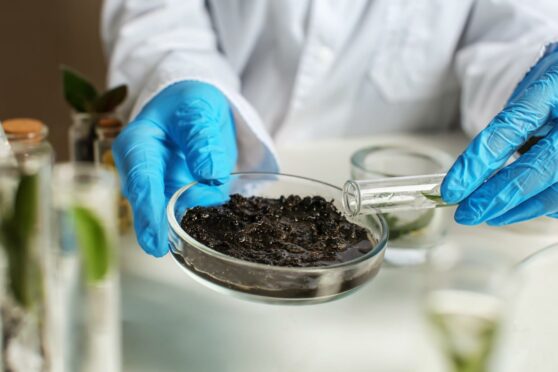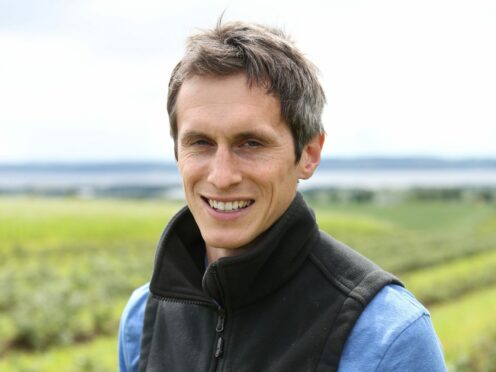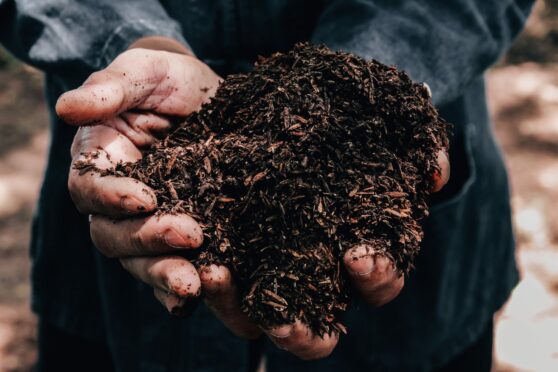The Dundee-based company which has developed an affordable soil carbon measuring tool says it will give farmers the information they need to benefit from carbon credits markets.
Agricarbon founder Stuart Arbuckle, a soft fruit producer on the outskirts of Dundee, told members of the Scottish Crop Research Society his firm is already processing 500 soil samples a day with plans to scale up to 1,600 by the end of next month to cope with growing demand.
“Lots of money is flowing into supporting regenerative farming projects where there is potential for carbon sequestration,” he said.
“It’s happening in Australia and the United States mainly and some other countries in Europe and it’s slowly coming to the UK. There are going to be more opportunities for farmers and farming groups to get involved in these schemes.”
Mr Arbuckle explained his method involved a “gold standard” of laboratory analysis which could be offered at low cost because of the use of robotics to automate the process.
Fields are divided into strata with similar characteristics according to the best soil maps then machines take samples.
“The reports we do show carbon stock on a field-by-field basis, also a depth layer basis so you’ll get carbon stock for the top 15cm then the next 15cm then a 30 to 60cm layer,” he said.
“We’ve found that about 50% of the total carbon stock is in the top 30cm of the soil and the other 50% is in the layer below, so it does seem worthwhile to be taking samples at depth to capture all of that stock.”
Mr Arbuckle added that resampling to discover if change had taken place would not happen for three to five years in most cases.
He told the meeting a robust baseline meant farmers could “bank” the carbon and use it towards the emerging schemes.
“We’re intentionally not getting involved in any of the selling of carbon, but are focused on providing the independent third party measurement with no incentives to skew it towards the farmer or buyer,” he said.
“It’s what we think is needed to create a gold standard and we hope to get buy-in to the method from the emerging protocols, because if there are 100 different ways of doing things it confuses the marketplace and then you get lack of confidence and trust from buyers who might move on to things such as afforestation instead.”
Agricarbon says it already has the biggest soil carbon database in the world, with the possible exception of South Korea.


